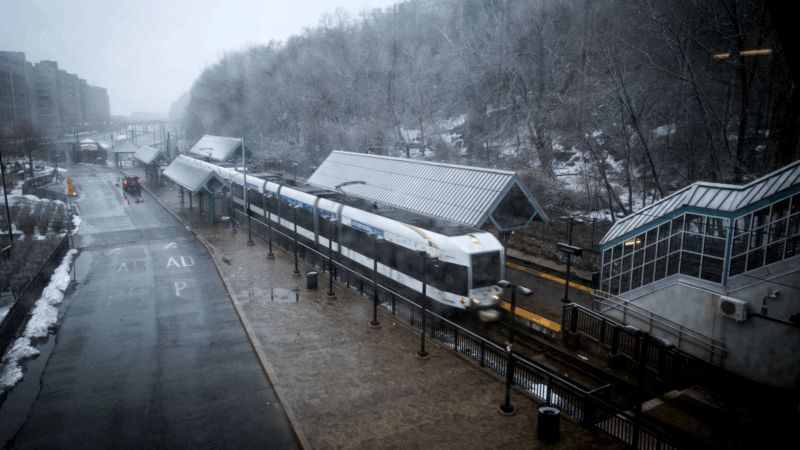Portugal’s election falls short of ending political instability. Here’s what to know
LISBON — Portugal’s third general election in three years has failed to deliver the result that could break the worst spell of political instability for decades in the European Union country of 10.6 million people.
Sunday’s vote delivered another minority government for the center-right Democratic Alliance, which will be at the mercy of opposition parties. The significant rise in support for the hard-right populist party Chega (Enough) adds more uncertainty.
Why was there an early election?
The Democratic Alliance, led by the Social Democratic Party, lost a vote of confidence in parliament in March as opposition lawmakers teamed up against it. That triggered an election, which had been due in 2028.
The confidence vote was sparked by a political storm around potential conflicts of interest in the business dealings of Prime Minister Luís Montenegro’s family law firm. Montenegro, who is poised to become prime minister again, has denied any wrongdoing.
What was the outcome of Sunday’s ballot?
The Democratic Alliance captured at least 89 seats in the 230-seat National Assembly. Chega collected the same number of seats as the center-left Socialists — 58 — and could yet claim second place when four remaining seats decided by voters abroad are attributed in coming days.
Chega competed in its first election just six years ago, when it won one seat, and has fed off disaffection with the more moderate traditional parties. Its success shook up the traditional balance of power in a trend already witnessed elsewhere in Europe with parties such as France’s National Rally, the Brothers of Italy, and Alternative for Germany, which are now in the political mainstream.
For the past 50 years, the Social Democrats and the center-left Socialist Party have alternated in power in Portugal. The Socialists, meanwhile, are without a leader after Pedro Nuno Santos said he was standing down following the party’s worst result since 1987.
Smaller parties got the other seats.
What are the issues?
Corruption scandals have dogged Portuguese politics in recent years, helping fuel the rise of Chega.
Chega owes much of its success to its demands for a tighter immigration policy that have resonated with voters.
Portugal has witnessed a steep rise in immigration. In 2018, there were fewer than a half-million legal immigrants in the country, according to government statistics. By early this year, there were more than 1.5 million, many of them Brazilians and Asians working in tourism and farming. Thousands more lack the proper documents to be in Portugal.
A housing crisis has also fired up debate. House prices and rents have been soaring for the past 10 years, due in part to an influx of white-collar foreigners who have driven up prices.
The problem is compounded by Portugal being one of Western Europe’s poorest countries. The average monthly salary last year was around 1,200 euros ($1,340) before tax, according to the statistics agency. The government-set minimum wage this year is 870 euros ($974) a month before tax.
What happens now?
Portugal’s head of state convened the country’s political parties for consultations.
President Marcelo Rebelo de Sousa, who has no executive power, was consulting with parties before inviting the election winner to form a government, in line with the constitution.
Northeast readies for a major winter storm, with blizzard warnings in effect
New Jersey through Massachusetts could see 2 feet of snow. New York City's mayor said the city had not "seen a storm like this in a decade."
Mexican army kills leader of Jalisco New Generation Cartel, official says
The Mexican army killed the leader of the powerful Jalisco New Generation Cartel, Nemesio Rubén Oseguera Cervantes, "El Mencho," in an operation Sunday, a federal official said.
Ukraine’s combat amputees cling to hope as a weapon of war
Along with a growing number of war-wounded amputees, Mykhailo Varvarych and Iryna Botvynska are navigating an altered destiny after Varvarych lost both his legs during the Russian invasion.
University students hold new protests in Iran around memorials for those killed
Iran's state news agency said students protested at five universities in the capital, Tehran, and one in the city of Mashhad on Sunday.
Pakistan claims to have killed at least 70 militants in strikes along Afghan border
Pakistan's military killed at least 70 militants in strikes along the border with Afghanistan early Sunday, the deputy interior minister said.
Team USA faces tough Canadian squad in Olympic gold medal hockey game
In the first Olympics with stars of the NHL competing in over a decade, a talent-packed Team USA faces a tough test against Canada.






